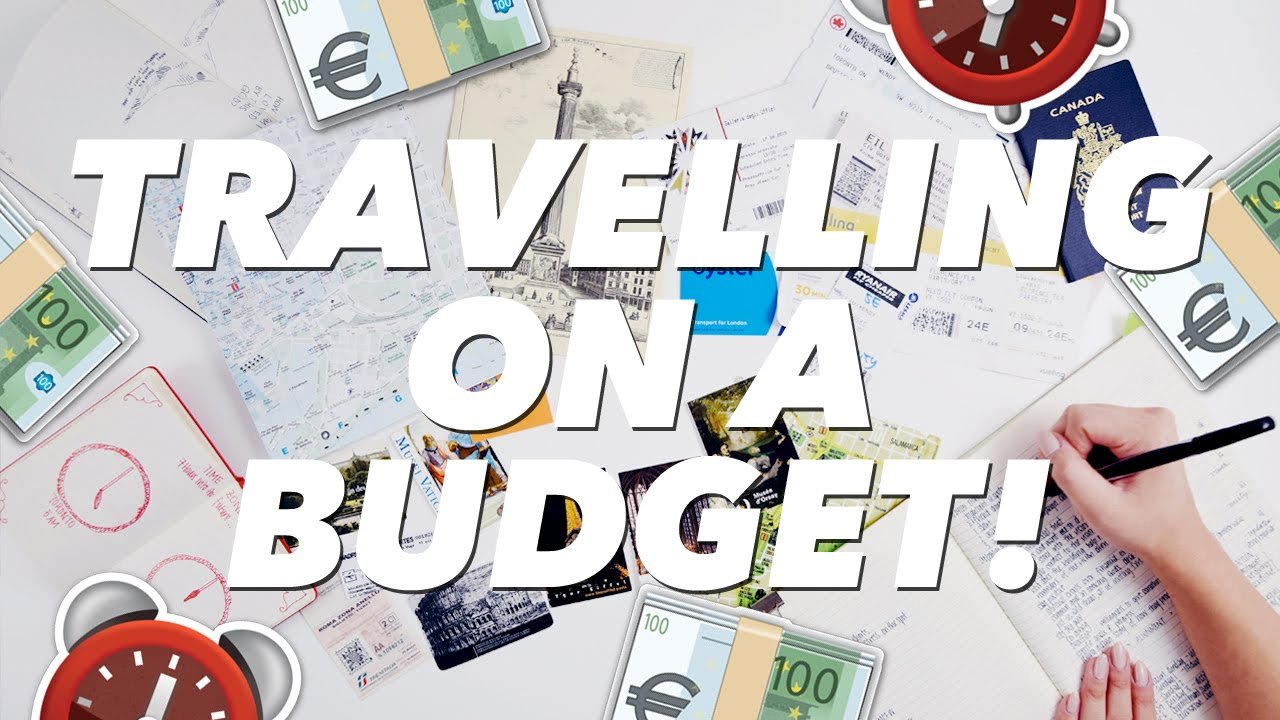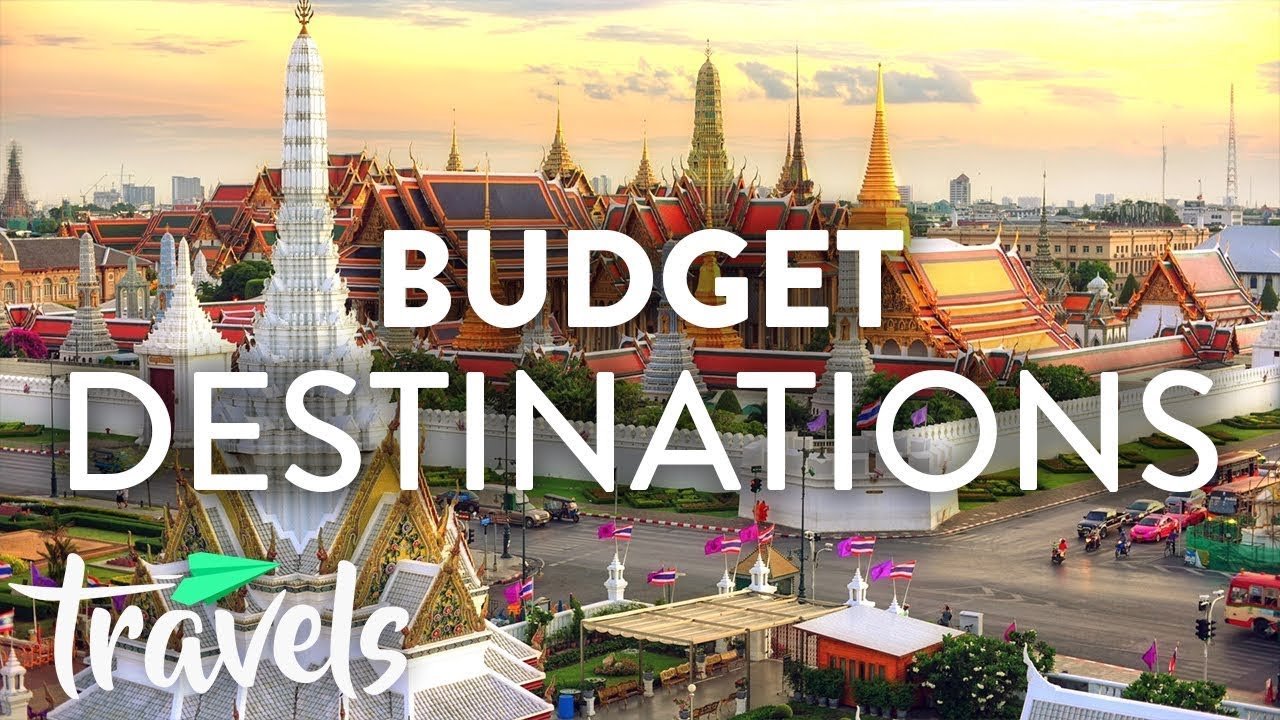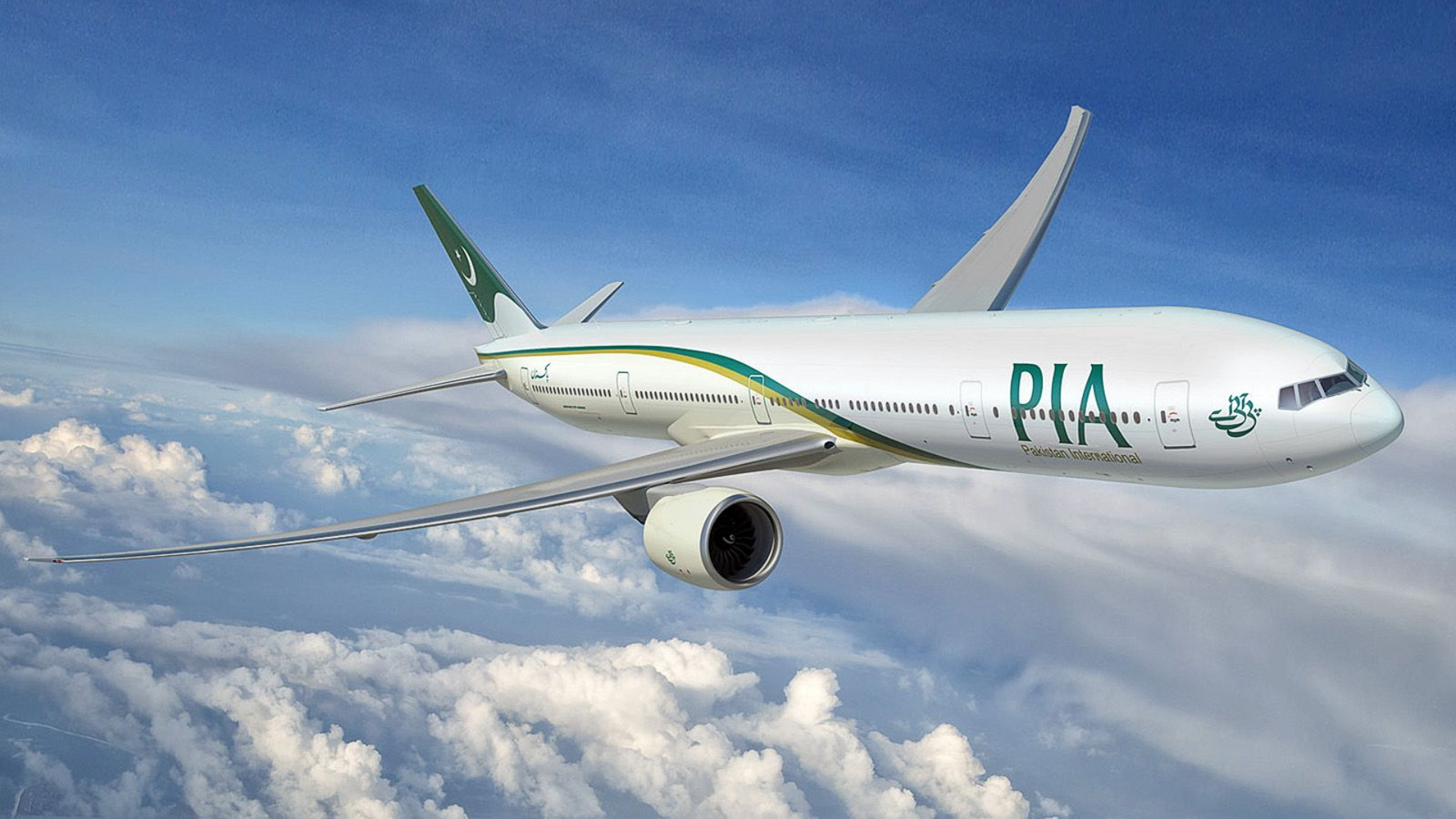
The dream of exploring exotic destinations, immersing yourself in different cultures, and creating unforgettable memories doesn’t have to remain just that—a dream held back by financial constraints. Traveling on a budget has evolved from a necessity into an art form, practiced by millions of savvy travelers who refuse to let limited funds limit their wanderlust. Whether you’re a recent graduate with student loans, a family looking to create precious memories without depleting savings, or simply someone who believes that experiences matter more than luxury accommodations, budget travel opens doors to adventures that are both financially sustainable and deeply rewarding.
The misconception that cheap travel means compromising on quality or missing out on authentic experiences couldn’t be further from the truth. Today’s budget-conscious travelers have access to an unprecedented array of resources, tools, and strategies that make affordable travel not just possible, but genuinely enjoyable. From leveraging technology to find the best deals to understanding the psychology of travel pricing, the modern approach to economical travel is sophisticated, strategic, and surprisingly comfortable.
This comprehensive guide will transform your approach to travel planning, showing you how to stretch every dollar while maximizing your experiences. We’ll explore everything from finding discount flights and budget accommodations to navigating local transportation systems and discovering free attractions that rival expensive tourist traps. By the end of this article, you’ll have the knowledge and confidence to embark on your next adventure without the financial stress that often accompanies travel dreams.
Planning Your Budget-Friendly Adventure
Setting Realistic Financial Goals
The foundation of successful budget travel lies in honest financial planning. Before diving into destination research or booking anything, establish a clear understanding of your available travel funds. Consider creating separate savings categories for different aspects of your trip: transportation, accommodation, food, activities, and emergency expenses. A well-structured travel budget typically allocates 40% for accommodation and transportation combined, 30% for food and dining, 20% for activities and attractions, and 10% as a contingency fund.
Affordable travel planning requires flexibility in both timing and destination choices. Peak season prices can be 200-300% higher than shoulder season rates, making timing one of your most powerful money-saving tools. Research your desired destinations’ climate patterns, local holidays, and tourist seasons to identify optimal windows for economical travel.
Choosing Budget-Friendly Destinations

Not all destinations are created equal when it comes to budget travel. Southeast Asia, Eastern Europe, Central America, and parts of South America consistently rank among the most affordable travel destinations for international visitors. Countries like Thailand, Vietnam, Poland, Guatemala, and Bolivia offer rich cultural experiences, stunning landscapes, and warm hospitality at a fraction of the cost of Western European or North American destinations.
However, cheap travel doesn’t necessarily mean traveling far from home. Domestic destinations often provide excellent value, especially when you factor in the absence of international flight costs, visa fees, and currency exchange rates. Research budget-friendly destinations within driving distance, and consider exploring lesser-known regions that offer authentic experiences without tourist markup prices.
Transportation: Getting There for Less
Mastering the Art of Finding Cheap Flights
Discount flights are often the key to unlocking affordable travel opportunities. The flight booking landscape is complex, with prices fluctuating based on numerous factors including demand, seasonality, fuel costs, and booking timing. Use flight comparison websites like Skyscanner, Kayak, and Google Flights to monitor price trends, but don’t rely solely on these platforms. Airlines sometimes offer exclusive deals through their own websites or mobile apps.
Flexibility remains your greatest asset when hunting for budget flights. Consider alternative airports, mid-week departures, and red-eye flights, which typically cost significantly less than peak-time options. The “hidden city” ticketing strategy, while controversial, can sometimes yield substantial savings for one-way trips. However, this approach requires careful consideration of airline policies and potential risks.
Ground Transportation Strategies
Once you’ve mastered cheap flights, efficient ground transportation becomes crucial for maintaining your travel budget. Public transportation systems in most international destinations are not only significantly cheaper than taxis or rental cars but often provide more authentic cultural experiences. Research transportation passes, tourist cards, and multi-day tickets that offer substantial discounts for frequent use.
For longer distances between cities, consider overnight buses or trains, which serve dual purposes by providing both transportation and accommodation for the night. This strategy is particularly effective in regions with well-developed bus networks, such as South America and Southeast Asia, where budget travel infrastructure is specifically designed for backpackers and economical travelers.
Budget Accommodations That Don’t Compromise Comfort
Hostels: Beyond the Stereotypes
Modern hostels have evolved far beyond the stereotypical cramped, party-focused environments of the past. Today’s budget accommodations often feature private rooms, modern amenities, and thoughtful design that rivals mid-range hotels. Many hostels offer unique perks such as free breakfast, communal kitchens, laundry facilities, and organized social activities that can enhance your travel experience while keeping costs low.
When selecting affordable accommodation, read recent reviews carefully, paying attention to cleanliness, security, location, and staff helpfulness. Websites like Hostelworld, Booking.com, and Hostelbookers provide comprehensive information and honest user reviews. Consider factors beyond price, such as proximity to public transportation and free amenities that could save money on meals and activities.
Alternative Lodging Options
The sharing economy has revolutionized budget travel accommodation options. Platforms like Airbnb, Vrbo, and local alternatives offer everything from private rooms in local homes to entire apartments at competitive rates. These options often provide kitchen access, allowing you to prepare meals and save significantly on dining expenses.
House-sitting, work exchanges through platforms like Workaway and WWOOF, and couchsurfing represent the most economical travel accommodation options. These arrangements not only eliminate accommodation costs but also provide unique opportunities to connect with locals and gain insider knowledge about destinations.
Smart Dining Strategies for Budget Travelers
Eating Like a Local
Budget travel dining doesn’t mean surviving on instant noodles and granola bars. Some of the world’s best culinary experiences happen at local markets, street food stalls, and family-run establishments that cater to residents rather than tourists. These venues typically offer authentic flavors at a fraction of restaurant prices.
Research local food customs, meal times, and tipping practices to navigate dining scenes confidently. Many cultures have specific times when certain foods are available or particularly affordable. For example, lunch specials, happy hour pricing, and early-bird dinner discounts can provide substantial savings without compromising food quality.
Self-Catering and Food Shopping
Accommodation with kitchen access transforms your affordable travel experience by allowing you to prepare meals using local ingredients. Visit local markets, grocery stores, and specialty shops to discover regional products while maintaining your travel budget. This approach is particularly effective for breakfast and lunch, leaving dinner as your primary restaurant meal.
Learn basic phrases related to food shopping in the local language, and don’t hesitate to ask vendors about unfamiliar ingredients or preparation methods. These interactions often lead to valuable cultural exchanges and insider tips about local dining spots.
Free and Low-Cost Activities
Discovering Hidden Gems
Every destination offers numerous free or low-cost activities that provide authentic experiences without straining your budget travel resources. Museums often have free admission days, parks and beaches provide natural entertainment, and walking tours (while tip-based) offer comprehensive city orientations at minimal cost.
Research local festivals, markets, religious ceremonies, and community events that welcome respectful visitors. These experiences often provide deeper cultural insights than expensive organized tours while supporting local communities directly.
Outdoor Adventures on a Dime
Nature-based activities represent some of the best values in economical travel. Hiking trails, public beaches, city parks, and scenic viewpoints typically cost nothing beyond transportation to reach them. Many destinations offer excellent opportunities for swimming, hiking, bird watching, and photography without entrance fees.
Consider purchasing annual passes or city tourism cards that provide discounted access to multiple attractions. These investments often pay for themselves after visiting just a few included venues.
Money-Saving Tips and Hacks

Technology Tools for Budget Travelers
Modern budget travel success depends heavily on leveraging technology effectively. Download currency conversion apps, translation tools, public transportation apps, and offline maps before departure. These digital tools can prevent costly mistakes and help you navigate confidently in unfamiliar environments.
Set up price alerts for flights, accommodations, and activities you’re monitoring. Many booking platforms offer price drop notifications that can alert you to significant savings opportunities.
Banking and Currency Strategies
International banking fees can quickly erode your travel budget if not managed properly. Research banks that offer fee-free international ATM usage, or consider travel-friendly credit cards with no foreign transaction fees. Notify your bank of travel plans to prevent card blocks that could leave you stranded without access to funds.
Understand local tipping customs and payment preferences to avoid awkward situations or unnecessary expenses. Some cultures view tipping as optional or even offensive, while others expect specific percentages for various services.
Read More: 12 Stunning Sunset Travel Photos Perfect Golden Hour Magic
Conclusion
Traveling on a budget requires planning, flexibility, and creativity, but it opens doors to authentic experiences that often surpass expensive tourist packages. By implementing the strategies outlined in this guide—from finding discount flights and choosing budget accommodations to eating like locals and discovering free activities—you’ll find that affordable travel doesn’t mean settling for less. Instead, it means traveling smarter, connecting more meaningfully with destinations, and stretching your adventures across more time and places.
The key to successful budget travel lies in viewing financial constraints as opportunities for creativity rather than limitations. Every dollar saved on accommodation, transportation, or dining is a dollar that can fund your next adventure or extend your current trip. With careful planning and an open mind, economical travel becomes not just a necessity but a preferred approach that leads to richer, more authentic experiences.
Remember that cheap travel skills improve with experience. Each trip teaches valuable lessons about budgeting, planning, and navigating new destinations efficiently. Start with shorter, closer-to-home adventures to build your confidence and refine your strategies before tackling more ambitious budget travel goals.
FAQs
Q1: How much should I budget for a typical week-long international trip?
A: Budget travel costs vary significantly by destination, but plan for $30-50 per day in budget-friendly countries (Southeast Asia, Central America) and $60-100 per day in moderate-cost destinations (Eastern Europe). This includes accommodation, food, local transportation, and basic activities.
Q2: What’s the best time to book flights for the cheapest prices?
A: For affordable travel, book domestic flights 6-8 weeks in advance and international flights 8-12 weeks ahead. Tuesday and Wednesday departures typically offer the best discount flight opportunities, while peak summer and winter holiday periods command premium pricing.
Q3: Are hostels safe for solo travelers, especially women?
A: Modern hostels prioritize safety with secure lockers, keycard access, and staff oversight. Read recent reviews, choose well-established hostels in safe neighborhoods, and trust your instincts. Many budget accommodations now offer female-only dorms for additional security.
Q4: How can I eat well while maintaining a strict travel budget?
A: Focus on local street food, markets, and lunch specials rather than tourist restaurants. Self-catering for breakfast and lunch while splurging on dinner provides good balance. Budget travel dining often leads to more authentic culinary experiences than expensive tourist venues.
Q5: What’s the biggest mistake first-time budget travelers make?
A: Over-packing and under-researching are common budget travel mistakes. Excess luggage fees and tourist trap expenses can quickly exceed savings from cheap travel bookings. Research local costs, customs, and free activities before departure to maximize your travel budget effectiveness.



